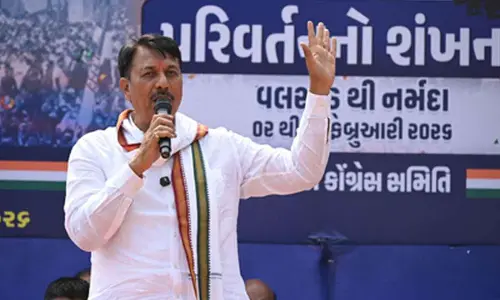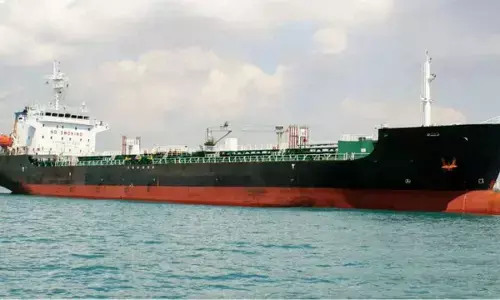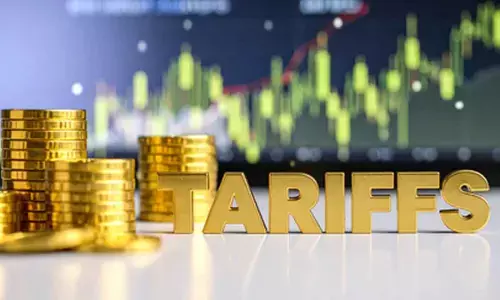Reinstate India into Generalized System of Preference: Senator urges USTR

Trump administration revoked India’s status as a beneficiary country under the Generalized System of Preferences program in March.
WASHINGTON: A top American Senator, from the opposition Democratic Party, on Tuesday urged US Trade Representative Robert Lighthizer, to reinstate India into the Generalized System of Preference, which President Donald Trump has terminated.
India's designation as a beneficiary developing nation under the key GSP trade programme was terminated by Trump after determining that it had not assured the US that it will provide "equitable and reasonable access to its markets".
The termination is effective from June 5. "I hope we can work to solve our issues with India so they can be reinstated into the GSP," Senator Robert Menendez told Lighthizer during a Congressional hearing on Tuesday.
But at the same time, he appeared to be supportive of the concerns of the Trump administration with regard to India. "You have to know that if I'm a trading partner I want to have some predictive ability and when I make a deal with you and then you start tariffs on me for something that has absolutely nothing to do with trade then that is unpredictable," Menendez said.
Lighthizer did not directly respond to the question from Menendez in this regard, but in his opening statement said the Trump administration has been reviewing the GSP eligibility.
In the last one month, President Trump has terminated GSP benefit of two of his closest allies and friend Turkey and India. "We at USTR are very much focused on changing these rules where they are unfair to American farmers, ranchers, workers, and businesses. This has included renegotiating KORUS, which you are aware, and NAFTA, which you have just discussed and will discuss further," Lighthizer said.
"We also have been reviewing GSP eligibility; actively engaging in TIFA talks with many, many countries; and reviewing the rules and functions of the WTO. USTR has also been active in enforcing the existing obligations of our trading partners. We've brought many WTO cases. We've filed counter-notifications at the WTO and worked with other WTO members on a proposal to improve compliance with the existing WTO notification obligations," he said.
The USTR, he said, has engaged directly with trading partners under existing agreements. For example, the US has successfully resolved concerns with Peru after requesting the first-ever environmental consultations in the US-Peru trade promotion agreement.
President Trump, he said, is troubled by the huge and persistent trade deficits which the US has with many countries. "These deficits are the result of many factors, faster economic growth, currency valuations, and to some extent tax policy, but they are also partially the result of trade rules that often times are unfair and lock in non-economic advantages for our trading partners," he said.
The USTR, Lighthizer said is very much focused on changing these rules where they are unfair to American farmers, ranchers, workers, and businesses.
Under the GSP programme, nearly 2,000 products including auto components and textile materials can enter the US duty-free if the beneficiary developing countries meet the eligibility criteria established by Congress India was the largest beneficiary of the programme in 2017 with USD 5.7 billion in imports to the US given duty-free status and Turkey the fifth largest with USD 1.7 billion in covered imports, according to a Congressional Research Service report issued in January.
The GSP criteria includes, among others, respecting arbitral awards in favour of the US citizens or corporations, combating child labour, respecting internationally recognised worker rights, providing adequate and effective intellectual property protection, and providing the US with equitable and reasonable market access.
Countries can also be graduated from the GSP programme depending on factors related to economic development.














